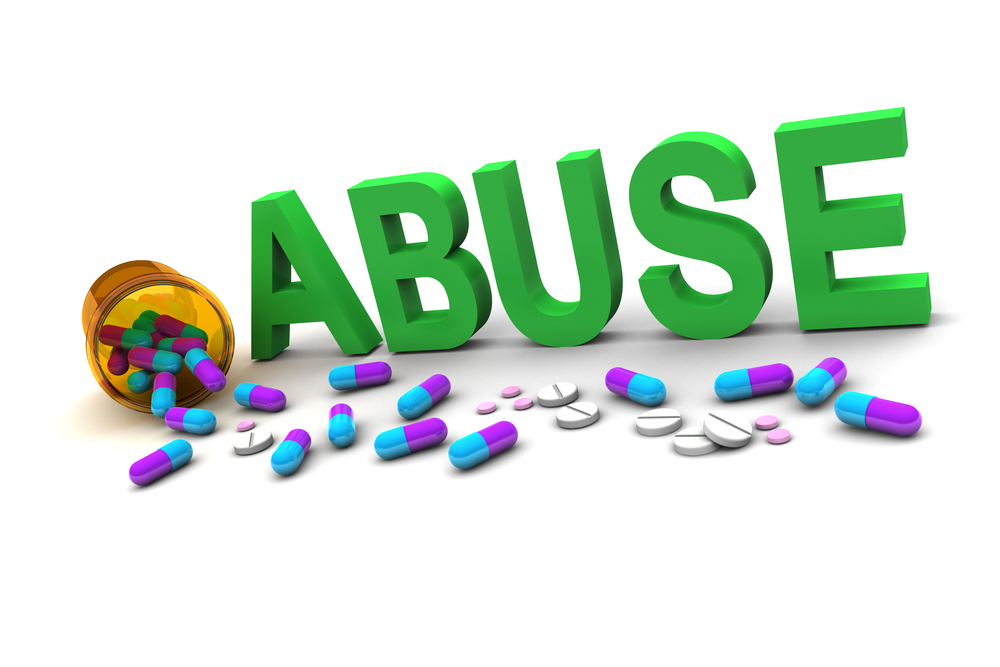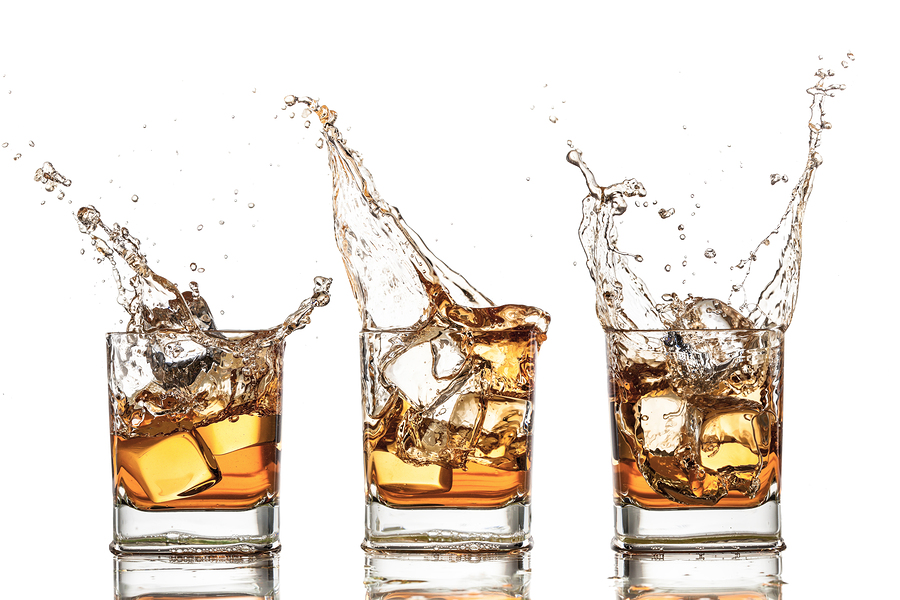Drug addiction initiation

Drug addiction initiation may be simple but that is the right time of taking immediate action
Drug addiction initiation: Signs and Symptoms
In most cases, drug addiction initiation is irregular and gradual with the casual or social use of a drug. For some people, using the drug becomes a habit, and its use becomes more and more frequent. As time passes, you may need larger doses of the drug to get high. Soon you may need the drug just to feel good. As your drug use increases, you may find that it becomes increasingly difficult to go without the drug. Stopping may cause intense cravings and make you feel physically ill what we call withdrawal symptoms. And speaking to doctor Dalal Akoury MD, President, and founder of AWAREmed Health Center, the following are some of the drug addiction symptoms or behaviors:
- Feeling that you have to use the drug regularly this can be daily or even several times a day
- Failing in your attempts to stop using the drug
- Making certain that you maintain a supply of the drug
- Spending money on the drug, even though you can’t afford it
- Doing things to obtain the drug that you normally wouldn’t do, such as stealing
- Feeling that you need the drug to deal with your problems
- Driving or doing other risky activities when you’re under the influence of the drug
- Focusing more and more time and energy on getting and using the drug
Drug addiction initiation: Identifying drug addiction in teenagers
It can sometimes be difficult to distinguish normal teenage moodiness from signs of drug use. This kind of knowledge is very important for all parents and guardians as it will help them make timely informed decisions in caring for their children. And as experts from AWAREmed health center we want to share with you some possible indications that your teenager is may be using drugs:
Problems at school – Frequently missing classes or missing school, a sudden disinterest in school or school activities, or a drop in grades may be indicators of drug use.
Physical health issues – Lack of energy and motivation may indicate your child is using certain drugs.
Neglected appearance – Teenagers are generally concerned about how they look. A lack of interest in clothing, grooming or looks may be a warning sign of drug use.
Changes in behavior – Teenagers enjoy privacy, but exaggerated efforts to bar family members from entering their rooms or knowing where they go with their friends might indicate drug use. Also, drastic changes in behavior and in relationships with family and friends may be linked to drug use.
Spending money – Sudden requests for money without a reasonable explanation for its use may be a sign of drug use. You may also discover money stolen from previously safe places at home. Items may disappear from your home because they’re being sold to support a drug habit.
Finally, the above list may not be conclusive, however, if you happen to sport any of them, it could be a serious indicator of emerging substance abuse. Remember that early treatment would help you and your teens prevent serious health complications. And that is why doctor Akoury made a decision of creating a medical center whose main objective is to transform each individual’s life through increasing awareness about health and wellness and by empowering individuals to find their own inner healing power. You can reach her on telephone number 843 213 1480 for any concerns you may have in all matters relating to substance abuse.









